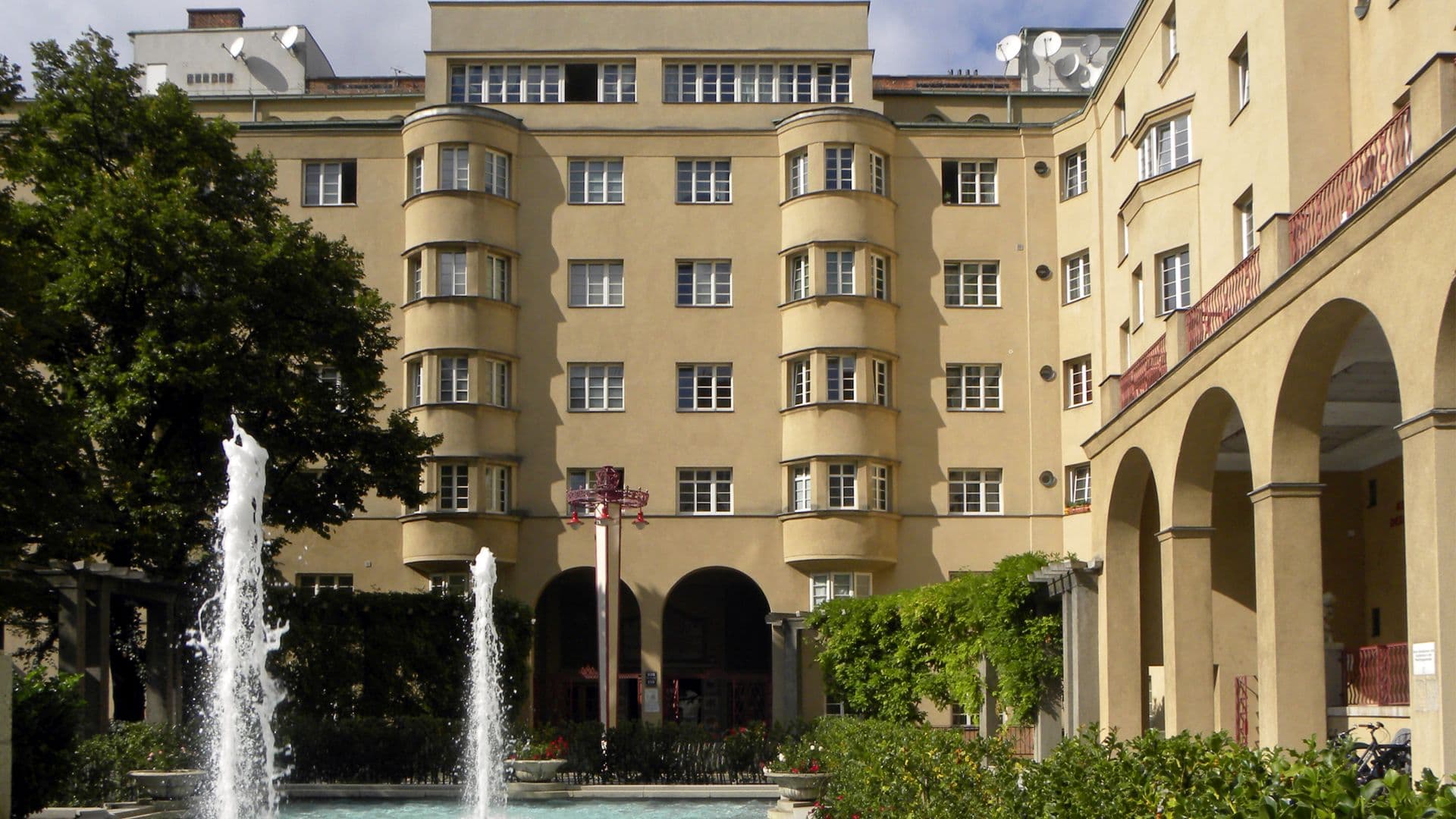AI-Generated Summary
Context of the Study
The study titled "Keine Profite mit der Miete" examines the organizational structures and costs associated with the management of large public and cooperative housing stocks in a sustainable and socially-oriented manner. Published by the Rosa Luxemburg Foundation, a think tank known for its research on social and economic issues, the study contributes valuable insights into the management of housing in urban areas. The authors, Andrej Holm, Sebastian Gerhardt, David Scheller, and Itziar Gastaminza Vacas, bring expertise in housing policy and urban studies.
Key Data Sources
The research analyzes data from three primary sources: six state-owned housing companies in Berlin, which manage approximately 360,000 apartments; selected larger housing cooperatives in Berlin, managing around 30,000 apartments; and Wiener Wohnen, the municipal housing company in Vienna, which oversees about 210,000 apartments. These diverse examples provide a comprehensive view of different organizational approaches to housing management.
Organizational Structures
The study highlights that the state-owned housing companies (LWUs) in Berlin have centralized decision-making and budgeting structures, often with specialized departments and subsidiary companies to handle various functions. Most LWUs also have regional customer service centers to enhance tenant communication. In contrast, housing cooperatives typically manage most functions in-house to maintain cost control, although larger cooperatives may have specialized departments for integrated management. Wiener Wohnen uses a centralized structure with two main subsidiaries focused on customer service and building maintenance, heavily relying on on-site staff.
Maintenance and Repair Costs
Regarding maintenance and repair costs, LWUs spent an average of €1.62 per square meter (m²) per month from 2018 to 2022. Housing cooperatives spent more, averaging €2.43/m² per month, while Wiener Wohnen spent less at €1.27/m². The higher expenditure by cooperatives reflects their commitment to maintaining high-quality housing for their members. Conversely, the lower costs for Wiener Wohnen may be attributed to its inventory of older, unrenovated buildings.
Administration and Personnel Costs
In terms of administration and personnel costs, LWUs spent €0.99/m² per month on average, while housing cooperatives incurred costs of €1.10/m². Wiener Wohnen's costs were higher at €1.52/m², which reflects its greater reliance on in-house staff for maintenance and repairs.
Other Operating Costs
For other operating costs, such as depreciation and financing, LWUs averaged €3.26/m² per month, while housing cooperatives averaged €2.33/m² and Wiener Wohnen averaged €2.10/m². The higher costs for LWUs indicate a greater investment in new construction and acquisitions.
Total Operating Costs
Overall, the total operating costs for LWUs were €9.11/m² monthly (including €3.20/m² in utility costs), housing cooperatives averaged €7.82/m² (including €2.02/m² for utilities), and Wiener Wohnen averaged €7.02/m² (including €1.94/m² for utilities).
Average Rents
In terms of rents, LWUs charged an average of €6.40/m² per month for net cold rent, housing cooperatives charged €5.81/m², and Wiener Wohnen charged €4.89/m². The study concludes that socially-oriented housing management can be achieved at rents around €5.50/m² per month, although this poses challenges for financing new construction or significant energy retrofits without additional public funding.
Conclusion
The different cost structures in the study reflect the varying priorities of each organization. LWUs emphasize expanding their housing stock, cooperatives prioritize maintaining high-quality housing for their members, and Wiener Wohnen focuses on fulfilling its social housing mission. Ultimately, the study provides detailed insights into the costs and organizational approaches for managing large public and cooperative housing stocks sustainably and socially.
